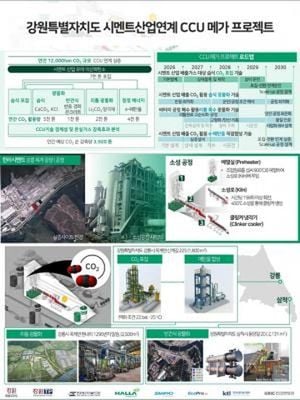On Friday, February 1, 2025, President Donald Trump met with Nvidia CEO Jensen Huang at the White House, marking a significant discussion about the future of artificial intelligence (AI) and the U.S. semiconductor industry. The meeting had been prearranged weeks prior and was aimed at fostering dialogue on AI policy, as well as developing a strong U.S. technology leadership position.
The meeting is particularly timely as the U.S. government is considering new restrictions on AI chip exports. This initiative aims to safeguard advanced computing capabilities within the U.S. and among its allies, especially amid growing concerns about China's access to these technologies.
Following the meeting, President Trump stated, "I had a good meeting with Jensen. We discussed the importance of strengthening U.S. technology and AI leadership." Acknowledging the pivotal role of Nvidia's chips, Trump emphasized the need for the U.S. to compete vigorously with China. The potential ramifications of AI development were underscored by debates on how to impose export controls to protect U.S. innovations.
Nvidia, headquartered in Santa Clara, California, has been vocal about its position concerning export restrictions. Earlier this year, the Biden administration's late announcement of expanded AI chip restrictions raised alarms at Nvidia, which protested the move targeting over 100 countries, including key allies like Singapore.
The conversation between Trump and Huang also delved deep right after Trump's commitment to review U.S. export controls. The president's order on his first day indicated plans to eliminate loopholes, signaling possible continuity and intensification of the Biden administration’s restrictions. Trump had remarked on the competitive edge China’s DeepSeek AI technology has gained, considering it more cost-effective due to the use of Nvidia’s earlier-generation chips.
During his speech to House Republicans earlier this week, Trump asserted, "DeepSeek has shown us we need to be laser-focused on competing to win." He characterized the capability of Chinese technologies as both alarming and motivating for U.S. industries.
Congressional leaders, including House Select Committee members, urged Trump’s national security adviser, Michael Waltz, to reconsider how export controls apply to Nvidia's chips. Representatives John Moolenaar and Raja Krishnamoorthi expressed the necessity of fortifying U.S. export controls to prevent China from exploiting any regulatory gaps.
They highlighted the importance of immediate scrutiny of shipments to third-party countries, including Singapore, which reportedly represented 22% of Nvidia’s revenue last quarter. This prompts concerns about whether these shipments were covertly being redirected to China. Nvidia, on its part, has countered these accusations, stating its revenue figures do not imply diversion to China but rather reflect normal international business practices.
The forthcoming restrictions on AI chips coincide with Trump's announcement concerning potential tariffs on semiconductors and pharmaceuticals from nations like Taiwan. Trump contends these tariffs will serve to encourage manufacturers to bring chip production back to the U.S., minimizing reliance on overseas production. "We are going to be placing tariffs on foreign productions of computer chips, semiconductors, and pharmaceuticals," Trump asserted, emphasizing the already substantial Taiwanese chip industry.
While discussing tariffs, critics have warned of the potential economic consequences. The Consumer Technology Association has cautioned against how proposed tariffs might drastically inflate prices on electronic goods, including laptops, tablets, and game consoles. They predict prices could rise significantly—up to 46% on laptops and tablets, for example, due to these tariffs. Trump responded by rejecting the idea of subsidizing chip manufacturers, favoring what he sees as market-driven incentives instead.
Despite criticisms of Trump's approach, proponents argue for the necessity of the Chips & Science Act, which reserves $52 billion for research and development to boost U.S. semiconductor manufacturing. This legislative effort has prompted significant investments and job creation across the entire semiconductor ecosystem.
Statistics show companies have initiated over 90 projects aimed at chip manufacturing since the Chips & Science Act's inception, representing potentially hundreds of billions of dollars dedicated to solidifying America’s foothold as a manufacturing powerhouse.
Looking forward, the narrative still revolves around strategic decisions about production localization, tariffs, and the necessity of rigorous export controls as the competitive tension between the U.S. and China escalates. The stakes are increasingly high, as advanced technology and manufacturing capabilities are seen as central to national security and economic sovereignty. The Trump-Huang dialogue encapsulates just one of many pivotal conversations surrounding the future of AI and American industry.



